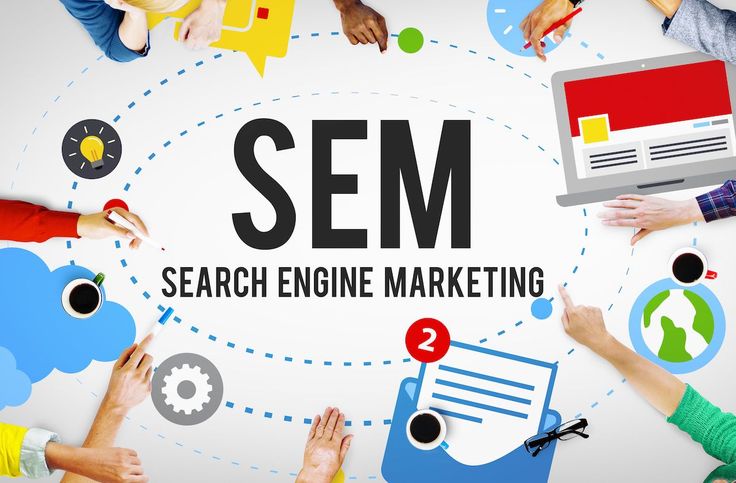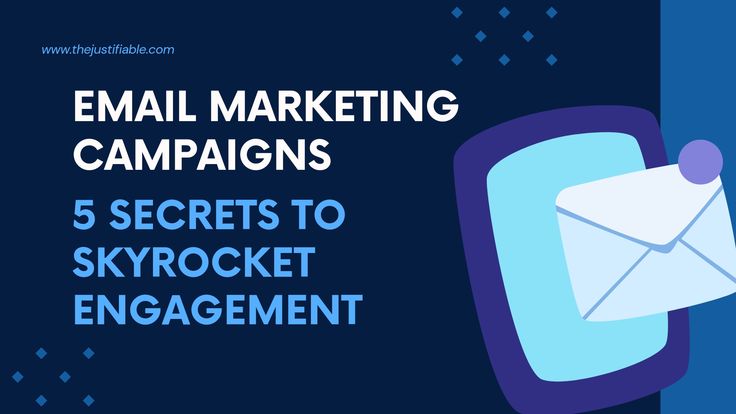The Future of Digital Marketing: Emerging Trends and Technologies Shaping the Industry
The future of digital marketing is bright, with emerging trends and technologies poised to revolutionize the way businesses connect with audiences, drive engagement, and achieve their marketing objectives in the digital age. This blog explores the future of digital marketing, highlighting key trends and technologies shaping the industry and offering insights and recommendations for businesses looking to stay ahead of the curve in an increasingly competitive landscape. One of the key trends shaping the future of digital marketing is the rise of video content as a dominant form of communication and engagement online. With the popularity of video-sharing platforms such as YouTube, TikTok, and Instagram, consumers are increasingly turning to video content to discover, learn, and be entertained, presenting businesses with opportunities to connect with audiences in new and creative ways. Moreover, the increasing adoption of augmented reality (AR) and virtual reality (VR) technologies is transforming the way businesses engage with consumers and deliver immersive brand experiences in the digital landscape. From virtual try-on experiences to interactive product demonstrations, AR and VR are enabling businesses to create memorable and engaging experiences that drive engagement and conversions in the digital age. Furthermore, the proliferation of mobile devices and the growing importance of mobile-first design and optimization are driving businesses to prioritize mobile experiences and adapt their marketing strategies accordingly. With consumers spending more time on their smartphones and tablets than ever before, businesses must ensure their websites, content, and campaigns are optimized for mobile devices to provide a seamless and responsive user experience in the mobile-first world. Additionally, the increasing importance of data privacy and security is shaping the way businesses collect, store, and use customer data in their marketing efforts. With regulations such as the General Data Protection Regulation (GDPR) and the California Consumer Privacy Act (CCPA) placing greater emphasis on consumer privacy and data protection, businesses must prioritize transparency, consent, and data security in their marketing practices to build trust and credibility with consumers in the digital age. Overall, the future of digital marketing is bright, with emerging trends and technologies reshaping the way businesses connect with audiences, drive engagement, and achieve their marketing objectives in the digital age. By embracing new technologies such as video content, AR, and VR, prioritizing mobile-first design and optimization, and prioritizing data privacy and security, businesses can stay ahead of the curve and drive growth and success in an increasingly competitive and complex digital landscape.
The Future of Digital Marketing: Emerging Trends and Technologies Shaping the Industry Read More »










